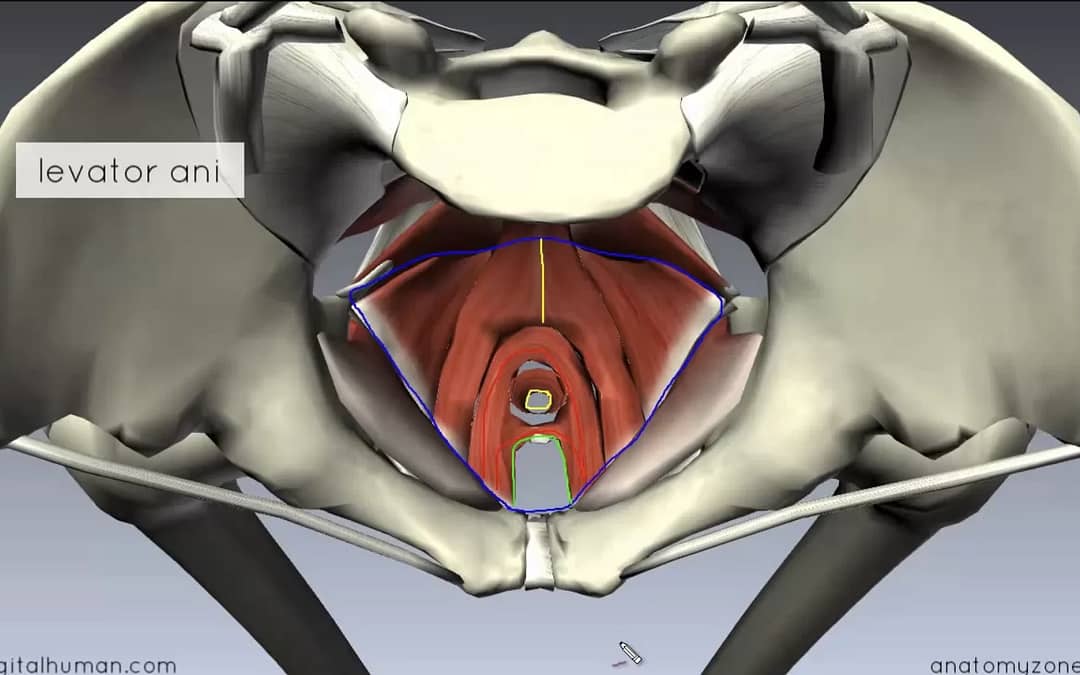I’m delighted to share this guest blog by Beth Swanson MSPT, ATC. She has done a great job addressing common FAQ and concerns about pelvic floor / women’s health physical therapy. In my experience as a practitioner, many of my patients said, “I wish I would have come to physical therapy sooner.” Please share this information with all your friends, colleagues, and referral sources.
Full disclosure for this post. I’m a PT, but Women’s Health is not my specialty. I’m also a mom to two young-ish kids living in a small town. Practically speaking, this means that most of the people I see every day have young kids, and because it’s a small community, most also know I’m trained as a PT. As a result, they ask me questions about injuries.
Sometimes, the questions are in my specialty—orthopedics—but more times than I can count, I’m asked about an injury relating to childbirth, from prolapse to torn Pelvic Floor muscles, to pubic symphysis pain to pain with sex to urinary incontinence.
Each time I get one of these questions, I suggest a visit to a Women’s Health PT. I explain that while I can offer general advice, there are Physical Therapists who specialize in pelvic floor dysfunction and pain, incontinence and the issues that can arise with pregnancy and childbirth.
Here are the responses I get:
“What does that even mean??”
“Embarrassing!”
“My husband/partner wouldn’t like that.”
“Um, nobody but my husband/partner.”
“That’s kind of weird.”
“I’m not sure I want to be that up-close-and-personal with a PT.”
“Does that even help?”
“What if I run into the PT at the grocery store?”
“I’m too busy with my baby. What would I do with her?”
“Too expensive!”
“I don’t even want to talk about that.”
“What if the PT is a guy?”
I want to address these concerns, and to beg you all to please, please think about Pelvic Floor PT. It will help you.
It’s embarrassing!
You just had a baby, arguably not the most modest of experiences. I get that Pelvic Floor PT is different. So is getting your first breast exam, having sex the first time, learning a new language, and trying a new hobby. Yet all of those things can also help you lead a healthier, happier life.
Every person I’ve ever met who chooses to practice as a Women’s Health PT is truly dedicated to improving women’s lives. They will answer your questions, make you feel comfortable, explain what they are doing and why, and make it a generally pleasant experience. And believe me, they’ve heard and seen it all before. I can’t promise you won’t still feel a little embarrassed at first, because it’s new to you. But like many things that take you a little outside of your comfort zone, it’s worth it.
And honestly, what’s more embarrassing? Sharing your concerns with a sympathetic ear who can also help you get better, or peeing through your bridesmaid’s dress because you laughed too hard at a wedding?
My husband/partner wouldn’t like it/thinks it’s weird
I think a lot of women use this as another way to avoid being embarrassed. Hey, I’ve used my husband as a get-out-of-activity-free card, too. If it’s really about being embarrassed, see my previous answer.
For the people who are really concerned about their partner’s/husband’s opinion of it, maybe this will help: Pelvic Floor PT can help your sex life, and that means it can help your partner’s sex life too. One of the very common problems after kids (or injury) is painful sex. Women’s Health PTs are trained to help address the physical issues that cause this.
If you need help because of incontinence, there can still be a benefit to your sex life. The pelvic floor muscles that support your bladder are also active during sex. Stronger muscles and better motor control decrease incontinence. Imagine the effect of stronger muscles and better control on your sex life.
It’s expensive!
Yes, it is. Every PT I know wishes that co-pays were lower and care more accessible. But PT is much less expensive than surgery. It’s money spent to improve the quality of your life and put you on a path towards life without pain. Did you know that there is an entire industry built around selling incontinence products? The ads are all over TV. In the long run, I’m betting PT is less expensive than becoming a perpetual purchaser of incontinence products.
Work with your PT. Together you can find a treatment plan that will help you and work within your financial means.
What do I do with my baby?
Again, I understand this is a concern. If you have childcare or family or friends who can watch your little one during your appointment, great, use it. If you don’t, bring your baby along. Some Women’s Health practices have bouncy chairs and boppy pillows for your baby. Ask what’s available when you make your appointment.
What if the PT is a guy?
Blunt honesty? I’ve never seen it. I’m sure there are a few men who do pelvic floor PT. There are certainly male ob/gyns and male urologists. But it’s pretty uncommon. And it’s up to you. Much like you choose a physician, you choose your PT. It’s ok to prefer a woman (or a man, if that’s what makes you comfortable). That said, I’m going to reiterate that these are highly trained and skilled professionals who are providing a needed service. You can expect the same treatment if it was a man or a woman. So, if the idea of a male ob/gyn doesn’t seem strange, maybe a male PT in this field won’t either? But let me know if you find one. Because they are a rare breed.
I didn’t even know that was a thing.
This is the response that makes me crazy. I’ve yet to hear of a patient after spinal surgery or ACL repair say that they didn’t know PT was “a thing.”
If you are reading this and you are a doctor, a nurse, a mid-wife, a doula, a birth coach, a lactation consultant or in any other way involved in the childbirth experience, please tell your patients Women’s Health PT exists. You will help thousands of women.
Women, tell your friends.
Like I said, my background is not in Women’s Health. It’s orthopedics. People leave a variety of orthopedic surgeries with follow-up instructions that include a referral to physical therapy. After orthopedic injuries, they also get PT referrals.
It’s routine. It’s standard. It’s so common that there’s nothing strange or noteworthy about it.
That’s the kind of awareness that Women’s Health PT needs.




0 Comments